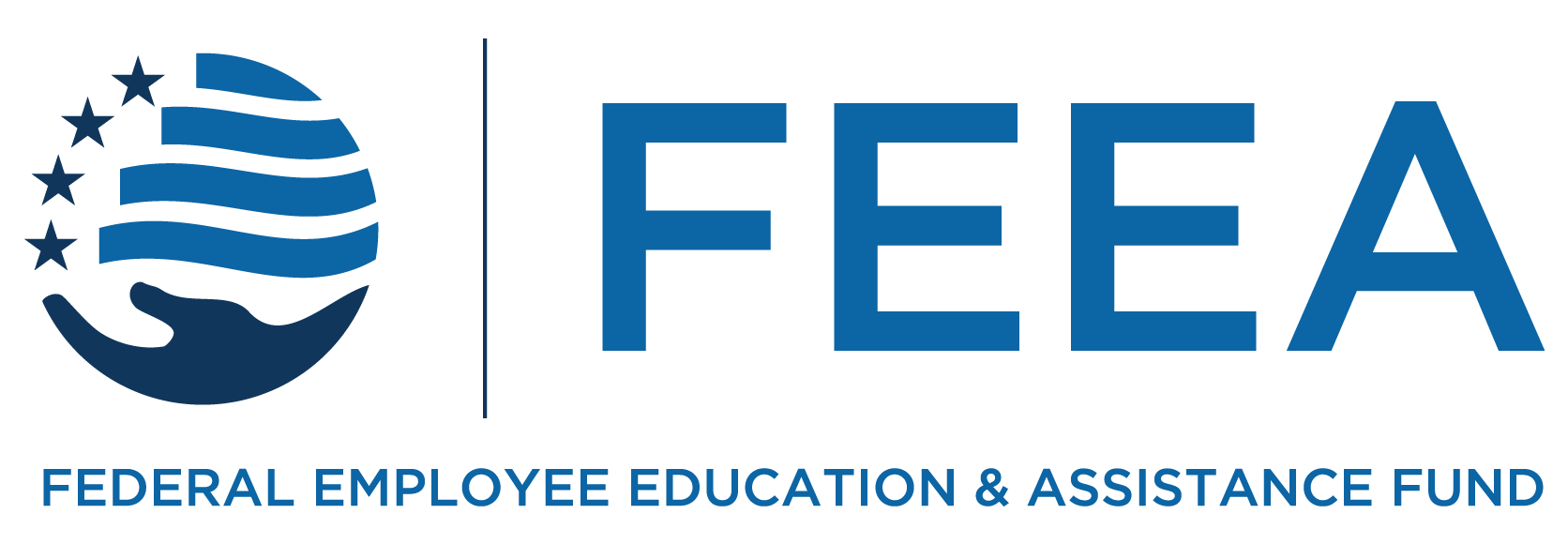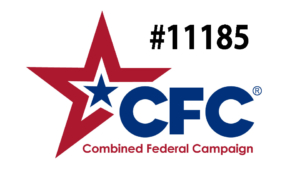7 Things to Think About When Buying a New (or new to you) Car
by Robyn Kehoe
Most of us don’t buy new cars all that often, so it can be an overwhelming experience when we do. Doing your homework before, during, and after purchase can help break the process down into easier pieces that will also give you peace of mind. Consider these 7 topics to get started:
-
Know your budget and timeline
Before you start looking for the right make and model for you, you’ll need to know what you can afford to spend on your new wheels.
Do you have a car you’ll trade? If you have a trade-in, you can find its approximate value on sites like Edmunds, the National Automobile Dealers Association, or Kelly Blue Book.
Will you pay cash, or do you need a loan? If you’ll need financing for your purchase, consider checking rates at your own bank, a local credit union (if you have access to one), or using online tools like the ones at LendingTree, Nerdwallet, or Credit Karma. Some lenders have different rates for new vs. used cars, so be sure to check the right rates for your planned purchase. Use an online calculator to figure out how much you can afford at different interest rates. Remember the total cost to purchase your vehicle will include things like taxes (usually sales/excise tax and, in many jurisdictions, personal property tax as well), title, tags/registration, and insurance (your cost may change with a new vehicle). You’ll either need to include these costs in your financing or have cash to cover them. You can also use Nerdwallet’s Total Cost to Own Calculator to add things like gas and insurance into the calculation to get a better sense of the total hit to your budget each month. This can be especially useful if you haven’t owned a car recently and don’t already have these extra, related items in your budget.
Do you need something now or do you have time? If your current vehicle is on the fritz and not worth paying to fix, you might be wanting to replace it fast. You can sometimes speed up the process by pre-qualifying for a loan with your bank or other lender. Pre-qualification usually gives you an “up to” amount that you’re approved to borrow, and sometimes a guaranteed interest rate. You can shop with confidence and it may eliminate some paperwork and time when you’re ready for your loan. Be aware your pre-qualification may have an expiration date and it will likely add a credit check to your credit report.
-
Leasing vs. Owning
There are pros and cons to both leasing a car and buying it outright. Consumer Reports breaks down the main differences in this article. Generally, if you like having a new vehicle every few years and don’t put a lot of miles on your car, leasing might be an option for you, but be sure to do the math to find out if it’s really a financially sound choice for you. If you tend to keep your car until it falls apart, you’ll be better off with a straight purchase.
Over time, the cost of buying a car outright is usually less than the cost to lease, in part because you’ll eventually pay off your loan and will then have an asset that’s worth something vs. having a never-ending car payment when you lease. You can do a side-by-side comparison to see if you’ll end up paying more for a lease.
Dealerships often advertise really low monthly lease payments, which may or may not actually be a good deal. If you’re thinking about leasing, be sure to find out what your “upfront” cost will be – there’s usually some amount you’ll have to pay when you sign your lease (often several thousand dollars), as well as the tax, title, registration, and insurance fees. Read the fine print to find out if the advertised rate is actually available for the model you want (sometimes it’s only the base model, or some other specific model) and know that the phrase “well-qualified buyers” means you’ll have to have a higher credit score to get the advertised lease rate.
-
Research vehicles
Do your homework! Even though you might prefer a particular make of vehicle, it still pays to do some research to compare offerings from other manufacturers. Edmunds has a good comparison tool, that lets you see basic stats and options for up to four models at a time, and also offers at-a-glance lists of other models in the same class as one you might be considering, whether new or used.
What do you need? Things like safety features, gas mileage, cost to insure, passenger/cargo space, overall dimensions, reliability, ease of installing car seats (if you need them), and the ability to adjust the driver’s seat and steering wheel for safety, comfort, and good visibility, could be considered needs. Vehicle safety ratings from the International Institute for Highway Safety, ratings from Consumer Reports (*some information on this site may require a paid subscription), and cost-to-own info can help you determine which make and model best suit your needs.
What do you want? Integrated navigation? Leather seats? Other “bells and whistles”? These are things you’d love to have but could do without. When I was buying my last car, I made a list of all the extras I wanted and then ranked them from most to least important. This helped me narrow down which models offered the most of my needs and wants within my budget.
What do others recommend…or not? Friends, family, neighbors, and co-workers are also great resources to tap for reviews of what they’re driving. Find out what they like/don’t like about their vehicles, what they wish they’d known before they bought, and if they’d buy from the same company or dealership again.
-
Shop around
Before you decide where to make your purchase, it’s a good idea to check local dealer ratings and compare advertised prices/deals. If you don’t need to make your purchase immediately, consider waiting until closer to the end of a month or quarter – deals often get better when dealers are gunning to meet sales targets. There are also times of the month/year that are better for getting a good deal. Sites like Cars.com, Carvana, and CarMax can help give you an idea of what prices are like in your area, as well as across the country.
If you get hives at the idea of having to haggle with a salesperson, AAA, some banks and credit unions, and True Car offer “no-haggle” buying programs. Usually you’ll provide some information about what you’re looking for, which the service then shares with local dealers that participate in their program. The service then sends you quotes, or might have several dealers contact you directly with their best price. You can agree to their offer and go make your purchase without any additional back-and-forth. As always, read the fine print to be sure you’re getting what you want and need with no hidden costs.
When buying used, it can help to have a trusted mechanic available to check out your prospective purchase. Sometimes you can have it looked at before you buy. If you’ll be purchasing before a mechanic checks it out, make sure your sales contract has a return policy and know how many days you have to make a return and get your money back. Services like CarFax offer vehicle history that should tell you how many owners a car has had, whether or not it’s been in an accident or flood, and sometimes whether or not regular maintenance has been performed. Many dealers now offer these reports on their websites, so you can check before you shop in person.
If you’re thinking about skipping the dealership altogether and making your purchase entirely online, check out Edmunds’ guide to Internet vs. Traditional Car Buying and this roundup of Popular Mechanics’ favorite buying and selling sites.
-
Consider test driving at CarMax or a local used car lot
If you’re not sure which make and model is right for you, going to a used car lot can offer the opportunity to drive several different vehicles in one place. If you don’t intend to buy from that dealer, it’s considerate to go at time that’s less busy and make sure they know your visit is just to test and you won’t be buying today.
-
Don’t get talked into things you don’t need
If you’ve done your research before hitting the dealership, you’ll know what options you want, which ones you don’t, and how much they should cost. Don’t let a salesperson talk you into things you don’t want or need because it’s “a great deal” or “the only one on the lot”. If you’re willing to wait for delivery, you can often order a vehicle customized to your specifications (even if the option packages aren’t advertised that way), or the dealer can source a model that meets your specs from another dealership.
What about service contracts and extended warranties? Once you’re ready to make your purchase, your salesperson will turn you over to the finance department. It’s their job to try to upsell you on additional things like extended warranties, service contracts, or other extras that often put more money in the dealership’s pocket. The Federal Trade Commission has some advice and pitfalls to consider before letting yourself get talked into a service contract or extended warranty.
Does walking away work? If you’re not being offered a deal you think is fair for the car you want based on your research, be prepared to walk away! It’s your money and you are in charge of how you will or won’t spend it. Stay polite, but know that until you’ve signed a contract, you’re well within your rights to say “thanks but no thanks” and head home or to another dealership. Sometimes the dealer will contact you with a better offer and sometimes they won’t, but try not to get panicky that you won’t get your car. There’s usually more than one place to find what you need, so it’s better to know your plan B than to overpay for your first choice.
What about monthly payments vs. out-the-door price? Experts say it’s always best to negotiate on the total out-the-door price of a vehicle. This price includes the extras like taxes, etc., so you know exactly how much you’ll pay in total. If you know how much you can afford, you’ll already know you can afford the monthly payment at the specified total price. Some dealers will try to use monthly payments to sell you more than you can actually afford, especially if they’re also offering dealer financing options. The “low monthly payment” might be based on a longer term of payment with a higher interest rate, might not include taxes and other fees, and/or might require some type of down payment. Negotiate your out-the-door price first, then your trade-in value (if you have one), and you can be confident you know exactly what you’re paying.
-
Read the fine print
It’s daunting to read everything in a contract before you sign, but much better to take your time doing so and know exactly what you’re agreeing to and what your “outs” are. Your finance consultant might walk you through your contract, but they frequently paraphrase or skip over things, so you should still read it yourself.
Is your car already having problems as you drive it off the lot? Lemon laws are your friend here. Laws vary from state to state, but most have some version of a “lemon” law that allows you to back out of an auto purchase within a specified period of time, if the vehicle – new or used – has mechanical or other defects that were not revealed to you at the time of purchase. Know the laws in your state and don’t delay notifying your dealer of any problems. They may have a right to attempt to fix the car under warranty provisions, so know what the law (and your sales contract) says about acceptable remedies.
Did you agree to extras you don’t actually want? Most sales contracts also include a return period, and many of the extras you might have purchased (like extended warranties or service contracts) may also have a short period of time (usually just a few days) where you can cancel them and get your money back. If you get home with your purchase and already regret something about it, don’t delay checking what your options are to fix it.
We hope these tips will help make your car buying experience less stressful, and help ensure you’re happy with your new wheels!
Would you like to receive more information like this when it comes out? Sign up for the FEEA newsletter using the box in the lower right hand corner of this page.
Would you like to reprint this piece in your agency human resource, federal employee association, or union local newsletter? You can do so at no cost by contacting admin@feea.org with your request.
The information provided in this piece is for your convenience and informational purposes only and not to be construed as professional advice. FEEA and its coauthors and sponsors are not liable for any losses or damages related to actions or failure to act with regard to the content in this piece.




